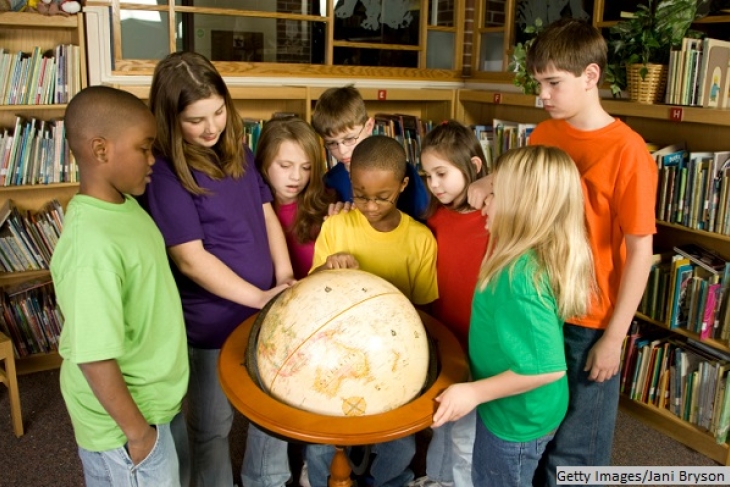Harriet Tubman will grace the front of our $20 bill—a long-overdue tribute to a woman who lived up to the best of American values. But do most Americans know who she was? Anecdotal evidence and test scores indicate that they don’t.
She was not some footnote figure that only historians should know. Tubman repeatedly displayed astounding courage—and achieved heroic successes—in two of our nation’s greatest fights for freedom and equality: ending slavery and giving women the right to vote.
But perhaps this widespread ignorance is not our fellow citizens’ fault. When would they have learned of Tubman? A nationally representative survey of elementary teachers shows that in from kindergarten to the sixth grade, an average of just 16–21 minutes a day are spent on social studies (and a mere 19–24 minutes on science). Given students’ utter lack of preparation, our middle and high school teachers would find it challenging to engage students in meaningful or memorable studies in history, geography, and civics.
It’s tempting to blame the elementary teachers. But that’s simplistic at best. Elementary teachers are, by and large, doing what they have been taught and responding to the signals sent by federal and state accountability policies.
The heart of this problem is that as a nation, we’ve ignored an overwhelming body of research showing the massive role that academic knowledge plays in reading comprehension, critical thinking, problem solving, creativity, and even curiosity. We’ve pursued short cuts, hoping to cultivate these abilities directly. It doesn’t, can’t, and won’t ever work.
Out of deference to the spirit of local control and in a misguided pursuit of equity, we’ve avoided establishing clear, shared outlines of the specific topics to teach in each grade. We assume that different children need to learn different things, despite the incontrovertible evidence that language comprehension is not possible without a shared base of knowledge. From “space shuttle” to “Supreme Court,” there are thousands of terms that literate American adults are presumed to know; these terms are used but not explained in the national conversation. To have any chance to grasp that conversation, much less influence it, each and every one of us must acquire the words and concepts that are taken for granted.
Because we refuse to ensure that all students have equal opportunities to learn that essential body of knowledge, we’re far behind by global standards, and we allow socioeconomic status to have an outsized influence on achievement.
I’ve always believed that life is a mix of luck and preparation (with luck having a huge influence on just how prepared you become)—and that with good fortune comes great responsibility. Those of us fortunate enough to be in the know must rise to the challenge of equalizing the opportunity to learn. We must ensure that everyone—from policy makers to educators to parents—understands that rich and rigorous studies in science, social studies, and the arts are essential to reading, critical thinking, and other supposed “skills.” We must not rest until all children receive a well-rounded education that provides the shared knowledge we all need as well as opportunities to pursue personal interests.
We must take Tubman as our guide and fight for what we know is right.
When you are ready to do your part, join Robert Pondiscio and me in the Knowledge Matters Campaign. Sign our credo—then send it to two friends. Dig into our resources—then select one to email to your local school board. Explore ways to seize the day, every day.
Knowledge needs champions. Our children need you.
Lisa Hansel is director of Knowledge Matters, a new campaign to restore wonder and excitement to the classroom by building broad knowledge in science, social studies, and the arts.
This post was originally published in a slightly different form at the Core Knowledge Blog.
